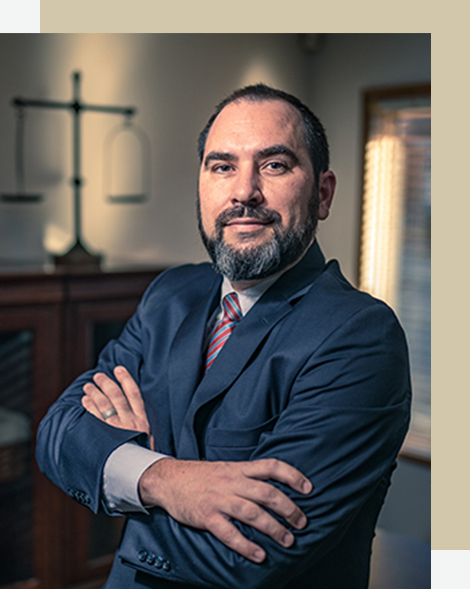Juvenile expungement is governed by 705 ILCS 405/5-915. The statute can be found here http://www.ilga.gov/legislation/ilcs/fulltext.asp?DocName=070504050K5-915. Pursuant to this statute, all juvenile law enforcement and court records can be expunged unless it was an adjudication or finding of guilty for first degree murder or a sex offense that would be considered a felony if it was committed by an adult. When a juvenile record is expunged, it is erased from the youth’s record as if the arrest or adjudication never occurred. Why Expunge a Juvenile Record? While a juvenile record is considered confidential and sealed, the records of a youth can be obtained by a court order. So, in order to avoid potential future problems, it is in the best interest to expunge and seal all records possible. Then, in the future, if a law enforcement or public agency is asked about a juvenile record, they must reply that, “no record or file exists” when they are asked about a youth record that has been expunged pursuant to 705 ILCS 405/5-915(4). What Does a Juvenile Record Consist of? A juvenile record consists of three different types of information: (1) the court file; (2) the law enforcement records and; (3) social medical records and psychological evaluations. What can be Expunged? There are two different types of expungeable records and each has its own notification and time requirements. These are considered category one or category two records. Under category one records, a juvenile’s record can be expunged if the youth has reached the age of seventeen and he/she was: 1. Arrested and not charged. 2. Placed on supervision and successfully completed the terms of supervision. 3. Charged and found not guilty. 4. Adjudicated delinquent for an offense that if it were committed by an adult would be considered a Class B or C misdemeanor or a petty or business offense. 5. Adjudicated delinquent for any offense and then later had that finding of adjudication vacated by a judge. Under category two records, even a juvenile who does not have a category one record, may have their juvenile records expunged so long as the adjudication was not for first degree murder or a sex offense that would be considered a felony if committed by an adult. When is it Expungeable? Under category one records, an individual can petition to have their category one records expunged once they have reached the age of seventeen or when their case or sentence is completed; whichever is the later. Under category two records, an individual may petition to have their category two records expunged so long as they have had no adult convictions after they reach the age of seventeen and they have reached the age of twenty one or at least five years have passed since the end of the juvenile case or sentence; whichever is later. Summary Regarding Eligibility Checklist If an individual is at least seventeen years old, and the answer is yes to any of the following questions, then their juvenile record can be expunged using a category one petition: 1. Was the youth arrested and not charged? 2. Was the youth charged but found not delinquent (not guilty)? 3. While under supervision, did the youth follow all the rules of their supervision so that it was successfully terminated? 4. Was the youth adjudicated delinquent for an offense that if it were committed by an adult, would be classified as a Class B or C misdemeanor or a petty or business offense? 5. Was the youth adjudicated delinquent for any offense and then that adjudication was later vacated by a judge? If the youth does not fall into the category above, the record may still be expunged (unless the proceedings were based on a first degree murder or sex offense that would be a felony if committed by an adult), if the answer is yes to all of the proceeding questions, the youth record can be expunged using a category two petition: 1. Has the youth had no convictions for any crime since they have reached the age of seventeen? 2. Is the client at least twenty one? 3. Has it been more than five years since the youth’s last juvenile court proceeding and/or the probation was terminated? 4. Has it been at least five years since the clients commitment to the Department of Corrections juvenile division has ended? Resources The Illinois State Appellate Defender has a juvenile expungement program to assist minors in the expungement of their records. That office has developed a website and additional resources to assist individuals through this process which is located at www.state.il.us/defender/juvexp.html. The Illinois State Appellate Defender can be contacted by the following means: 1. If you are in the Chicago area: Illinois State Appellate Defender PO Box 64895 Chicago, IL 60664 Ph: (866) 787-1776 2. If you are outside of the Chicago area: Expungement Program Office of the State Appellate Defender PO Box 5240 Springfield, IL 62705 Ph: (866) 431-4907 Should you require assistance, please contact our office. Lawler Brown Law Firm 1600 West Main Street/PO Box 1148 Marion, IL 62959-1146 (P) 618.993.2222 (F) 618.731.4141 (E) info@lblf.com
Juvenile Expungement in Illinois
